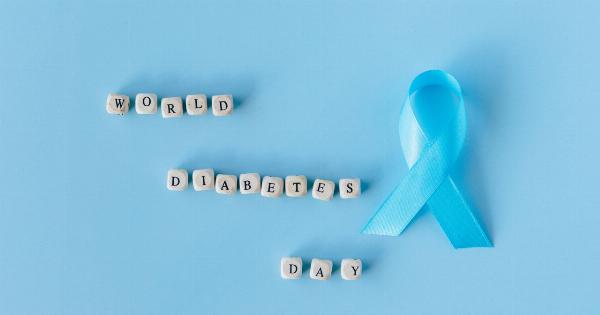A urinary tract infection (UTI) is an infection that affects any part of the urinary system, including the kidneys, bladder, ureters, and urethra.
While many UTIs can be treated with antibiotics, it is important to recognize certain symptoms that require immediate medical attention. Ignoring or delaying treatment for these symptoms can lead to severe complications. In this article, we will discuss ten UTI symptoms that warrant immediate medical attention to ensure prompt diagnosis and appropriate treatment.
2. High Fever
One of the most concerning UTI symptoms is a high fever, typically above 101°F (38.3°C). A fever indicates that the infection has reached the kidneys, a condition known as pyelonephritis.
Kidney infections can be serious and may require hospitalization for intravenous antibiotics. If you experience a high fever along with other UTI symptoms, seek immediate medical attention.
3. Severe Abdominal Pain
Persistent and severe abdominal pain may indicate a more serious UTI complication such as a kidney infection or the presence of kidney stones.
If the pain is sharp, intense, and focused on one side of your back or abdomen, it is important to see a healthcare professional as soon as possible for proper evaluation and treatment.
4. Blood in Urine
The presence of blood in your urine, known as hematuria, can be a symptom of a UTI or other urinary tract issues. If you notice blood in your urine, it is crucial to seek medical attention promptly.
Blood in urine can be a sign of bladder or kidney infections, kidney stones, or even bladder or kidney cancer. A healthcare professional will perform tests to determine the cause and provide appropriate treatment.
5. Worsening UTI Symptoms
If your UTI symptoms are worsening despite initial treatment or if they persist for more than a few days, it is essential to seek immediate medical attention.
This may indicate that the infection is not responding to the prescribed antibiotics or that there is an underlying condition complicating the situation. A healthcare professional will evaluate your condition and adjust your treatment accordingly.
6. Difficulty Urinating
If you experience persistent difficulty urinating, such as a weak urine stream, pain or burning sensation while urinating, or the feeling of incomplete bladder emptying, it could be a sign of a UTI complication.
These symptoms should not be ignored as they may indicate an obstructed urinary tract, typically caused by kidney stones or an enlarged prostate. Seeking medical attention promptly is crucial to prevent further complications.
7. Recurrent UTIs
If you have frequent UTIs, defined as having three or more infections within a year, it is important to consult with a healthcare professional.
Recurrent UTIs can be a sign of an underlying condition such as bladder or kidney stones, diabetes, or an anatomical abnormality in the urinary tract. Identifying the cause of recurrent infections is vital for preventing future UTIs and managing any underlying conditions.
8. Confusion or Delirium
In elderly individuals or those with compromised immune systems, a UTI can sometimes cause confusion or delirium.
If you or a loved one experience sudden changes in mental functioning, disorientation, or hallucinations, it may indicate a UTI-related complication. These symptoms necessitate immediate medical attention, as prompt treatment can prevent further cognitive decline or other severe complications.
9. Nausea and Vomiting
While it is not uncommon to experience mild nausea or discomfort with a UTI, persistent nausea and vomiting can be a sign that the infection has spread to the kidneys.
UTIs with kidney involvement often cause systemic symptoms, such as fever, chills, and gastrointestinal distress. If you cannot keep fluids down or experience severe and prolonged nausea and vomiting, seek immediate medical attention.
10. Rapidly Worsening General Health
If your overall health rapidly declines, with symptoms such as extreme fatigue, weakness, and unexplained weight loss, it may indicate a severe UTI or a systemic infection.
Certain UTIs can lead to sepsis, a life-threatening condition characterized by an overwhelming immune response to infection. Do not ignore these symptoms; they require immediate medical attention to prevent serious complications.
Conclusion
Recognizing UTI symptoms that require immediate medical attention is crucial for timely treatment. Ignoring or delaying care for these symptoms can lead to severe complications, such as kidney infections, sepsis, or kidney damage.
If you experience a high fever, severe abdominal pain, blood in urine, worsening UTI symptoms, difficulty urinating, recurrent UTIs, confusion or delirium, persistent nausea and vomiting, or rapidly worsening general health, seek prompt medical attention. A healthcare professional will diagnose the underlying cause and provide appropriate treatment to ensure your well-being.































